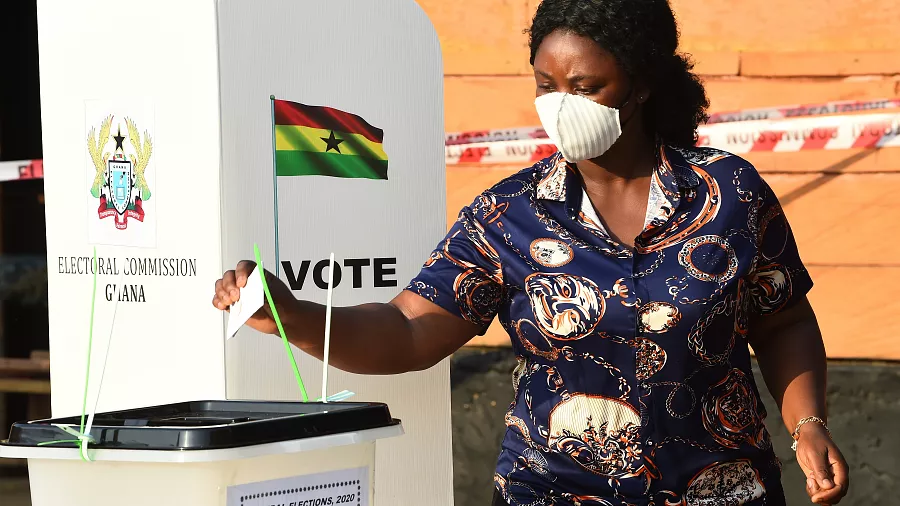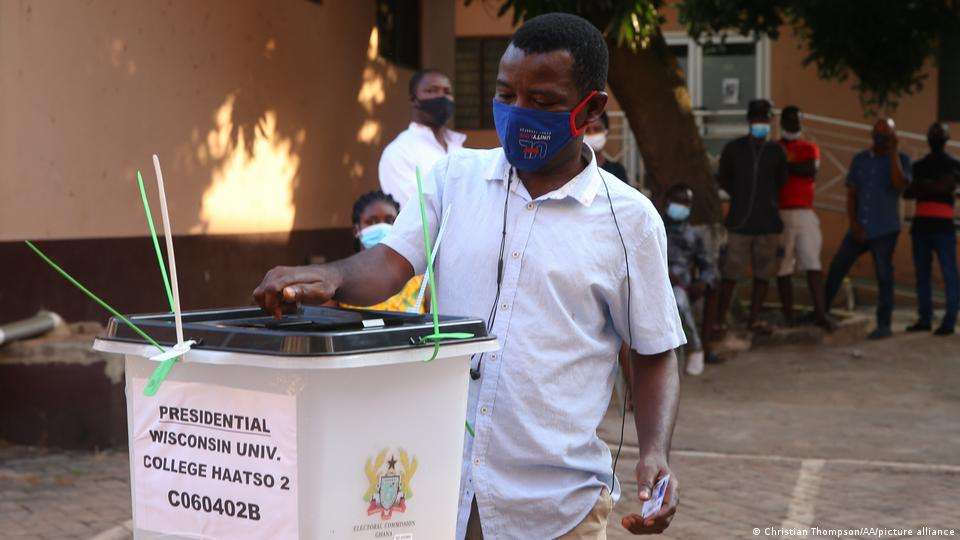Calls for by-election reform in Ghana’s parliamentary system are gaining renewed attention as legal experts advocate rethinking existing constitutional provisions.
Prof. Stephen Kwaku Asare, a Democracy and Development Fellow at CDD-Ghana, has endorsed a suggestion by Prof. H. Kwesi Prempeh that political parties be empowered to nominate replacements when parliamentary vacancies occur close to general elections.
Prof. Asare believes the proposal brings forward a significant and timely constitutional question, underscoring the delicate balance between maintaining representation, managing costs, and ensuring practical governance.
He observed that this challenge often emerges whenever parliamentary by-elections take place in election years.
“The Constitution already acknowledges the cost-benefit dilemma in holding by-elections by: Setting a 3-month blackout window before a general election (Article 112(6)); and choosing no representation for the affected constituency during that period.
“The current debate, he explained, revolves around two fundamental issues: Should the 3-month window be extended to the full election year, given that Parliament is typically dominated by recesses and campaigning in election years? If so, should the no-representation rule remain unchanged, or should it be reformed to protect the voice of the constituency?”
Prof. Stephen Kwaku Asare
Prof. Asare maintained that although democracy is built on the foundation of full representation, the realities of fiscal responsibility call for more efficient governance.
He emphasized that any changes to the by-election process should protect the democratic nature of Parliament as an institution chosen by voters, while also ensuring that citizens do not feel deprived of their representation at any point.

He further noted that any reform adopted should remain effective across different parliamentary terms and political environments.
Accordingly, Prof. Asare outlined several reform proposals to tackle the challenge, one of which involved extending the no-by-election blackout period to cover an entire year.
Under this approach, the political party that previously controlled the seat would be permitted to nominate a temporary representative to serve until the next general elections.
He argued that this approach would “cut the costs of organizing short-term by-elections; preserve party-based representation; prevent total disenfranchisement of the constituency.”
However, he warned that the downside could be significant, as it “weakens the direct electoral mandate; concentrates power in party executives; risks political patronage or lack of local input.”
No-By-Election in Election Year
Prof. Stephen Asare further recommended a model that would extend the no-by-election period to a full twelve months without appointing any interim representative. Under this approach, the vacant seat would simply remain unfilled throughout the extended blackout period.
He explained that this method is both cost-effective and aligned with constitutional principles, while also reducing the risk of political manipulation and disputes over unelected appointees.

However, he warned that this approach would leave the affected constituency without parliamentary representation for an entire year, potentially penalizing voters for a vacancy they did not cause and weakening Parliament’s overall structure and quorum.
To provide a middle-ground solution, Prof. Asare proposed a third option: leaving the seat vacant but allowing the party’s parliamentary caucus to collectively hold the vote for the absent seat.
He outlined the benefits as “preserves party balance in voting; avoids outright disenfranchisement; a compromise between full vacancy and direct replacement.”
However, he acknowledged its limitations, stating that this approach is “constitutionally novel and would require a clear legal basis; constituency still lacks a direct voice in debate and oversight; it could distort caucus dynamics.”
As a more moderate proposal, Prof. Asare suggested extending the current blackout period from three months to six, while continuing to hold by-elections. He explained that this approach could help reduce costs while still preserving parliamentary representation for most of the term.
Additionally, he noted that this option would likely be more acceptable to both the public and political stakeholders compared to a full year without elections, representing a modest adjustment to the existing constitutional framework.
However, he pointed out that this solution does not fully resolve the underlying conflict between maintaining efficiency and ensuring proper representation, as it still allows short-term Members of Parliament to serve with full benefits.

“There is no perfect solution, only a range of trade-offs. But some facts are hard to ignore: A 7-month MP (as in Ejisu) who spends most of the time campaigning and recessing but still qualifies for ex gratia is hard to justify.
“A full year with no voice in Parliament is equally troubling. A party-nominated temporary replacement may offend purists but is arguably better than silence and less costly than showpiece elections.”
Prof. Stephen Kwaku Asare
As such, Prof. Asare emphasized that the current debate around by-election reform is vital for strengthening Ghana’s democratic process.
He noted that while creating a flawless constitutional solution may be impossible, a well-considered and balanced compromise can still be achieved.
He concluded by encouraging stakeholders to engage in the discussion and work towards refining the constitution for the nation’s benefit. “Let’s have the debate. Let’s make the Constitution smarter.”
This growing national debate over parliamentary vacancies could shape Ghana’s approach to governance, balancing the costs of elections against the democratic principle of continuous representation.
READ ALSO: Nigeria Mourns As Buhari Passes In London



















